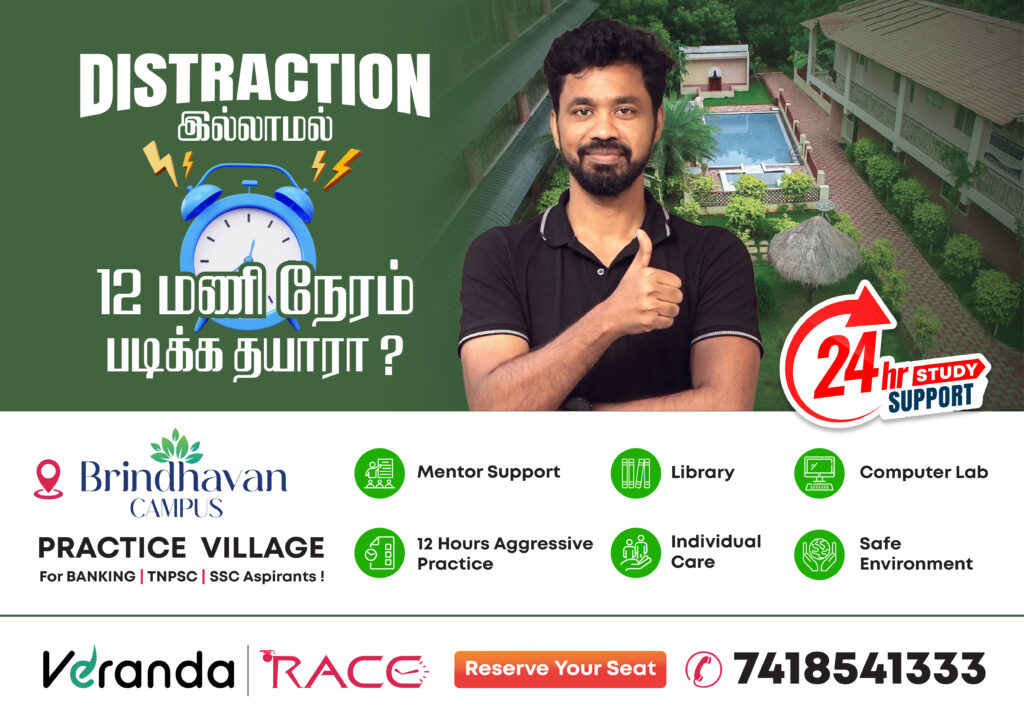RULE 1: To modify a Verb, an Adjective or another Adverb, we use an Adverb. Carefully is an Adjective which cannot modify the Adverb very, therefore carefully (Adverb) must be used in place of Adjective careful. Too means more than required and it is used with Unpleasant Adjective. So, we cannot use too glad, too happy, too pleasant, too healthy.
For example,
Incorrect- She writes very careful.
Correct- She writes very carefully.
Incorrect- I am too glad to meet you.
Correct- I am very glad to meet you.
RULE 2: A sentence which is based on ”Too and To” format, we cannot replace “to” with “so that”. If we replace “to” with “so that”, “too” must not be used with “cannot”.
For example,
Incorrect- He is too weak so that he cannot walk.
Correct- He is too weak to walk. Correct- He is so weak that he cannot walk.
RULE 3: Much too is followed by Unpleasant Adjective, whereas too much is followed by Noun.
Much too + Unpleasant Adjective.
Too much + Noun.
For example,
Incorrect- His failure is too much painful for me.
Correct- His failure is much too painful for me.
Incorrect- His wife’s rude behavior gives him much too pain.
Correct- His wife’s rude behavior gives him too much pain.
RULE 4: Quite and all are not used together. For example,
Incorrect- He is quite all right.
Correct- He is quite right or He is all right
RULE 5: A/An + Fairly + Adjective + Noun or Rather + A + Adjective
For example,
a) a fairly good book
b) rather a difficult problem.
RULE 6: But we cannot use Pleasant Adjective with rather and Unpleasant Adjective with fairly. For example,
Incorrect- It was a rather good book.
Correct- It was a fairly good book.
RULE 7: Enough, when used as an Adverb, is preceded by a positive degree Adjective or Adverb. For example,
Incorrect- He is greater enough to pardon you.
Correct- He is great enough to pardon you.
RULE 8: Two negatives cancel each other. Hence two negatives should not be used in the same sentence unless we make an affirmation.
Incorrect-I have not got none.
Correct- I have not got any.
RULE 9: ‘At present’ means ‘at the present time’, ‘presently’ means ‘soon’. These should not be confused.
Incorrect- Nothing more can be done presently. Correct- Nothing more can be done at present.
Incorrect- He will come back at present. Correct- He will come back presently.
RULE 10: ‘Much’ is used before past participles and Adjectives or Adverbs of comparative degree. ‘Very’ is used before the present participles and Adjectives and Adverbs of positive degree.
Incorrect- The news is much surprising. Correct- The news is very surprising.
Incorrect-I was very surprised at hearing the news. Correct- I was much surprised at hearing the news.
RULE 11: Hardly is an Adverb which means rarely. Whereas hard is an Adjective which means tough, rigid. For example,
Incorrect- It is a hardly job.
Correct- It is a hard job.
RULE 12: Ago is always used with Past Indefinite Tense. So, if ago is used in a sentence, that sentence must be in the Past Indefinite Tense. For example,
Incorrect- He has come a month ago.
Correct- He came a month ago.
RULE 13: Early means “just after the beginning of anything” and soon means just after a point of time. For example,
Roses bloomed early this spring.
Come back soon after completing your work
RULE 14: The sentence which starts with seldom, never, hardly, rarely or scarcely takes an inverse structure, (i.e) Verb + Subject – Structure. For example,
Incorrect- Seldom I had seen such a beautiful sight.
Correct- Seldom had I seen such a beautiful sight.
RULE 15: Inversion is also used in a sentence which starts with here/there/ away/out/up/indoor or outdoor and Main Verb, or Aux + Main Verb is used before the Subject. For example,
Incorrect- Away Sita went
Correct- Away went Sita.





